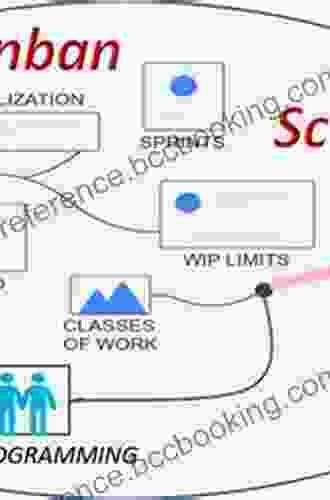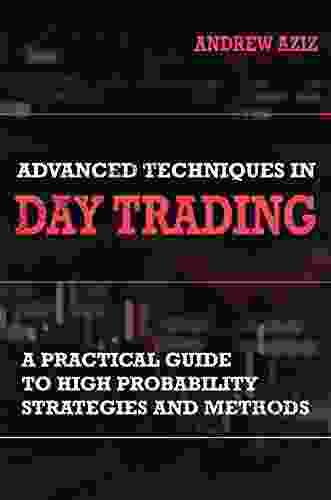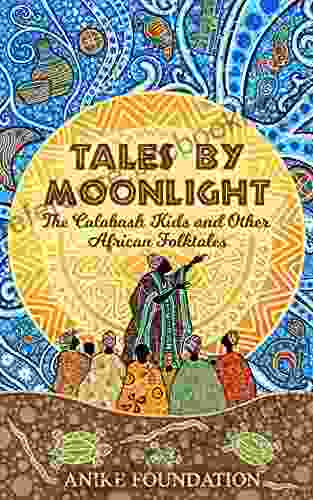Learning Agile: The Comprehensive Guide to Scrum, XP, Lean, and Kanban

4.5 out of 5
| Language | : | English |
| File size | : | 44630 KB |
| Text-to-Speech | : | Enabled |
| Screen Reader | : | Supported |
| Enhanced typesetting | : | Enabled |
| Word Wise | : | Enabled |
| Print length | : | 422 pages |
Agile is a software development methodology that emphasizes iterative development, team collaboration, and customer feedback. Agile methods have been shown to improve software quality, reduce development time, and increase customer satisfaction.
There are many different agile methodologies, but the four most popular are Scrum, XP, Lean, and Kanban. Each of these methodologies has its own unique approach to software development, but they all share some common principles, such as:
- Iterative development: Agile methodologies break down the software development process into small, iterative cycles. This allows teams to get feedback from customers early and often, and to make changes to the software as needed.
- Team collaboration: Agile methodologies emphasize team collaboration. Teams work together to plan, develop, and test the software, and they share responsibility for the product's success.
- Customer feedback: Agile methodologies involve customers in the software development process. Customers provide feedback on the software, and their feedback is used to improve the product.
Scrum is an agile methodology that uses a sprint-based approach to software development. Sprints are short, time-boxed periods (usually two to four weeks) during which teams work to complete a specific set of goals. Scrum teams use a variety of tools and techniques to plan, track, and manage their work, including sprint planning meetings, daily stand-up meetings, and sprint retrospectives.
XP (Extreme Programming) is an agile methodology that emphasizes software quality and customer satisfaction. XP teams use a variety of practices to improve software quality, including test-driven development, pair programming, and continuous integration. XP teams also work closely with customers to ensure that the software meets their needs.
Lean is an agile methodology that emphasizes waste reduction and efficiency. Lean teams use a variety of tools and techniques to identify and eliminate waste in the software development process. Lean teams also focus on delivering value to customers as quickly as possible.
Kanban is an agile methodology that uses a visual workflow to track and manage work. Kanban teams use a board to represent the workflow, and they move cards across the board as work progresses. Kanban teams also use a variety of metrics to track their progress and identify areas for improvement.
Learning Agile is the definitive guide to agile methodologies for software development. This book provides a comprehensive overview of Scrum, XP, Lean, and Kanban, and shows you how to use these methods to improve your team's productivity and deliver better software.
Whether you're a software developer, a project manager, or a business leader, Learning Agile will help you understand the benefits of agile methodologies and how to use them to achieve your goals.
Free Download Your Copy Today!
Learning Agile is available now in paperback and ebook formats. Free Download your copy today and start learning how to use agile methodologies to improve your software development process.
Free Download Now
4.5 out of 5
| Language | : | English |
| File size | : | 44630 KB |
| Text-to-Speech | : | Enabled |
| Screen Reader | : | Supported |
| Enhanced typesetting | : | Enabled |
| Word Wise | : | Enabled |
| Print length | : | 422 pages |
Do you want to contribute by writing guest posts on this blog?
Please contact us and send us a resume of previous articles that you have written.
 Book
Book Novel
Novel Page
Page Chapter
Chapter Text
Text Story
Story Genre
Genre Reader
Reader Library
Library Paperback
Paperback E-book
E-book Magazine
Magazine Newspaper
Newspaper Paragraph
Paragraph Sentence
Sentence Bookmark
Bookmark Shelf
Shelf Glossary
Glossary Bibliography
Bibliography Foreword
Foreword Preface
Preface Synopsis
Synopsis Annotation
Annotation Footnote
Footnote Manuscript
Manuscript Scroll
Scroll Codex
Codex Tome
Tome Bestseller
Bestseller Classics
Classics Library card
Library card Narrative
Narrative Biography
Biography Autobiography
Autobiography Memoir
Memoir Reference
Reference Encyclopedia
Encyclopedia Amos Yong
Amos Yong Ana T Forrest
Ana T Forrest Alice Zhao
Alice Zhao Allan A Macfarlan
Allan A Macfarlan Andrew Swap
Andrew Swap Amir Sadr
Amir Sadr Andy Schell
Andy Schell Alvin E Roth
Alvin E Roth Angela Diterlizzi
Angela Diterlizzi Andrea Cremer
Andrea Cremer Alfredo Gutierrez
Alfredo Gutierrez Andrew Pickering
Andrew Pickering Andrej Spec
Andrej Spec Alice Provensen
Alice Provensen Amanda Brice
Amanda Brice Alta Macadam
Alta Macadam Alexandra Bauer
Alexandra Bauer Ali Novak
Ali Novak Alexandra Ott
Alexandra Ott Angelo Parra
Angelo Parra
Light bulbAdvertise smarter! Our strategic ad space ensures maximum exposure. Reserve your spot today!
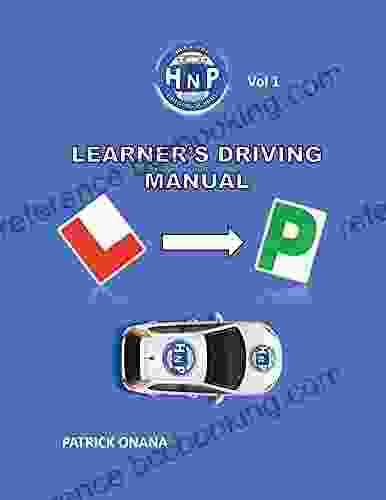
 Gabriel Garcia MarquezThe Learner Driving Manual: Your Essential Guide to Passing Your Driving Test
Gabriel Garcia MarquezThe Learner Driving Manual: Your Essential Guide to Passing Your Driving Test Colin FosterFollow ·16.8k
Colin FosterFollow ·16.8k Jamal BlairFollow ·2.9k
Jamal BlairFollow ·2.9k Wayne CarterFollow ·3.9k
Wayne CarterFollow ·3.9k Arthur C. ClarkeFollow ·6.6k
Arthur C. ClarkeFollow ·6.6k Forrest ReedFollow ·8.5k
Forrest ReedFollow ·8.5k Ismael HayesFollow ·5k
Ismael HayesFollow ·5k Leon FosterFollow ·2.3k
Leon FosterFollow ·2.3k Tim ReedFollow ·9.6k
Tim ReedFollow ·9.6k

 Julio Cortázar
Julio CortázarIf You Don't Do Politics, Politics Will Do You
Uncover the Hidden Power in Everyday Life In...

 Ivan Turner
Ivan TurnerThe Edge of Physics: Unraveling the Extraordinary...
What is the nature of...
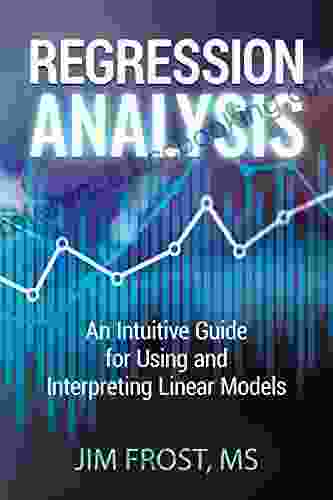
 Diego Blair
Diego BlairAn Intuitive Guide For Using And Interpreting Linear...
Linear models...
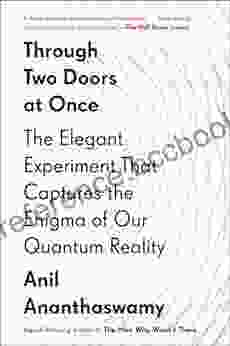
 Oscar Wilde
Oscar WildeThrough Two Doors At Once: Unveiling the Enigmatic World...
Prepare to delve into the captivating realm of...

 Darrell Powell
Darrell PowellWomen Athletes in History: An Inspiring Gift for Teenage...
Unveiling the Extraordinary Stories of Female...
4.5 out of 5
| Language | : | English |
| File size | : | 44630 KB |
| Text-to-Speech | : | Enabled |
| Screen Reader | : | Supported |
| Enhanced typesetting | : | Enabled |
| Word Wise | : | Enabled |
| Print length | : | 422 pages |


